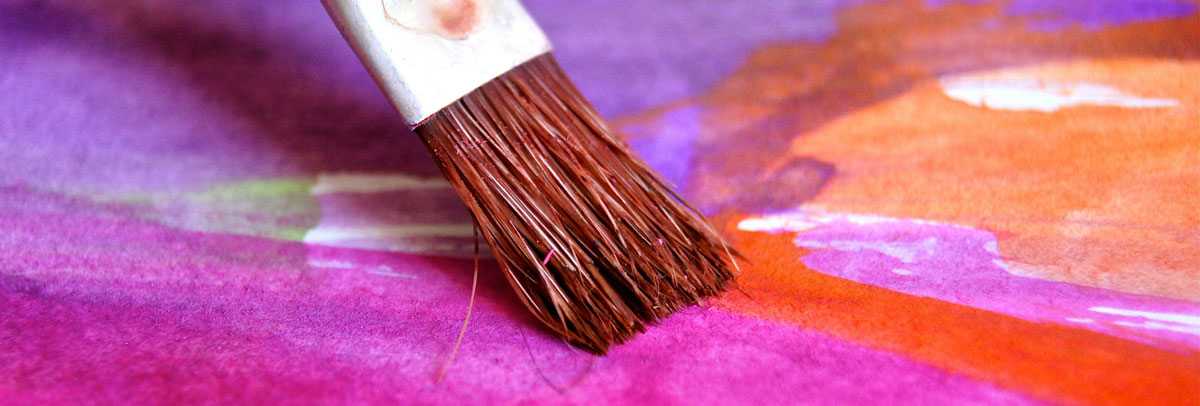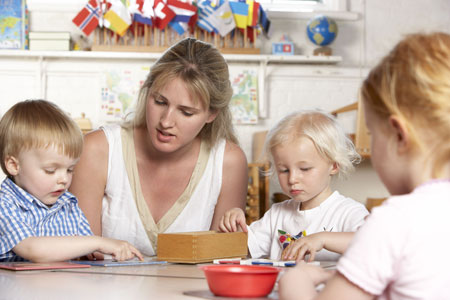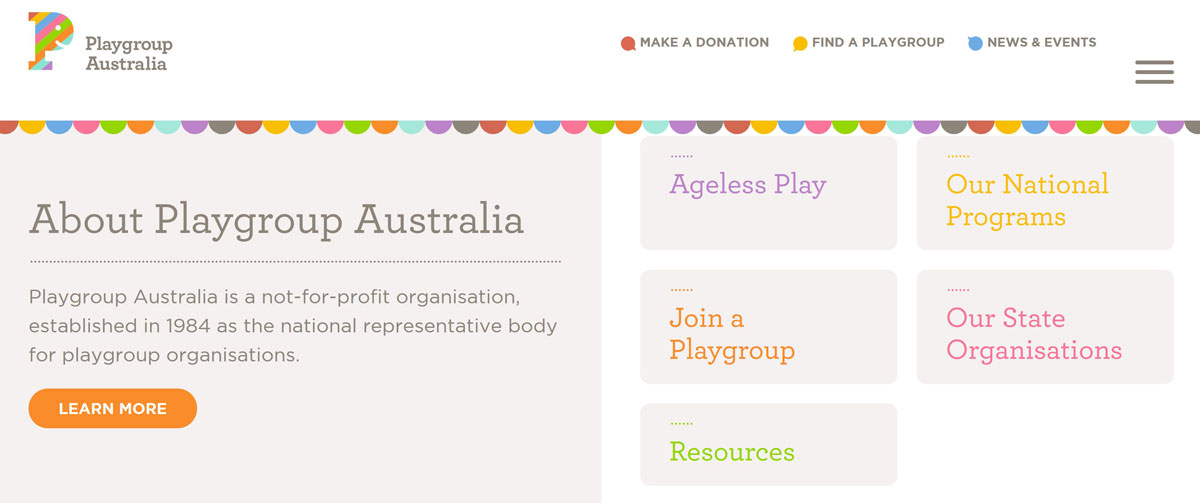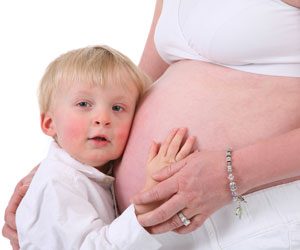A growing number of young mums and dads are turning to Playgroups for young parents for peer support and valuable socialisation through play for their children. Consequently these parents in their teens and early twenties, are setting aside a few hours each week to attend Playgroup with their babies and toddlers.

What is Playgroup?
Playgroup is for children aged from birth until they are old enough to attend school. While this age varies between states and territories, it is generally around five or six years old. Playgroup is different from child care, kindergarten and preschool. The reason being is because adults attend with their children.
 Playgroups run on a simple formula that has stood the test of time for decades. Importantly it brings together families with under school age children in a place. Furthermore, playgroups offer:
Playgroups run on a simple formula that has stood the test of time for decades. Importantly it brings together families with under school age children in a place. Furthermore, playgroups offer:
- plenty of room for activities
- a pool of toys and equipment
- lots of fun as children and their caregivers play together
More than 100,000 families attending Playgroup each week across Australia. In addition, venues include:
- maternal and child health centres
- kindergartens
- halls
- churches
- community centres
- primary schools.
Why are there Young Parent’s Playgroups?
Because Playgroup Australia recognises that as young parents you have a need for support and the opportunity to meet with others like yourself who have become parents at a young age. For instance, we understand that you prefer to attend a Playgroup which is exclusive to people around your age. And we also want you and your child to enjoy the benefits of the Playgroup experience.
While providing your child with skills that will help prepare them for life and learning, Playgroup can also offer you a forum to share ideas and problems. Also it can also lead to play dates and, in many cases, long-term friendships.
Playgroups for young parents also benefit from the additional support of a coordinator. Because they work with members and help them develop the skills to participate in and run their own Playgroup independently. Furthermore the facilitators are available to assist with parenting information. Also they can provide referrals to other family services. Even better the Federal Government provides funding. This means that attendance at these groups is free.
What do children get from Playgroup?
Playgroup sessions are informal and relaxed. Also playgroups also offer valuable lessons for the children attending. Skills like learning to socialise and initiate play with others. Other skills include sharing, co-operating and becoming confident little people.
- Your child is going through a stage of rapid brain and skill development and by taking them to playgroup he/she will
- Learn to play together through music, group singing, free play and snack time
- Develop verbal and non-verbal communication skills through contact with other children and adults
- Develop fine and gross motor skills
- Gain better body control, hand to eye coordination, spatial awareness and balance by playing with balls, sand, blocks, puzzles, playdough, paint and paste
- Discover shape, size, texture, quantity and consistency during play with dough and clay
- Learn to recognise colours and express emotions by experimenting with paint, collage, chalk, crayons and stamps
- Gain access to books and other reading opportunities in group situation
Most parents say they go to playgroup for their child to play with other same-age children. Therefore experiencing socialisation through play. But parents learn a lot too – about play! Playgroups create an atmosphere that will soon bring out your inner child.
How do I access a Young Parent Playgroup?
Currently more than 30 Playgroups with young parents met weekly around Australia . In short you can find more information by calling 1800 171 882 (toll free). Alternately visit www.playgroupaustralia.com.au



I believe that the importance of play is essential both for children and their parents. Children learn and develop through play; physically, emotionally and intellectually. As mums and dads we need to make plenty of time to stop what we are doing and simply play with our children. Quality playtime with our children each day will positively impact your parent-child relationship in the days and even years ahead. Playgroups are fantastic at providing an environment where play can happen naturally and easily.